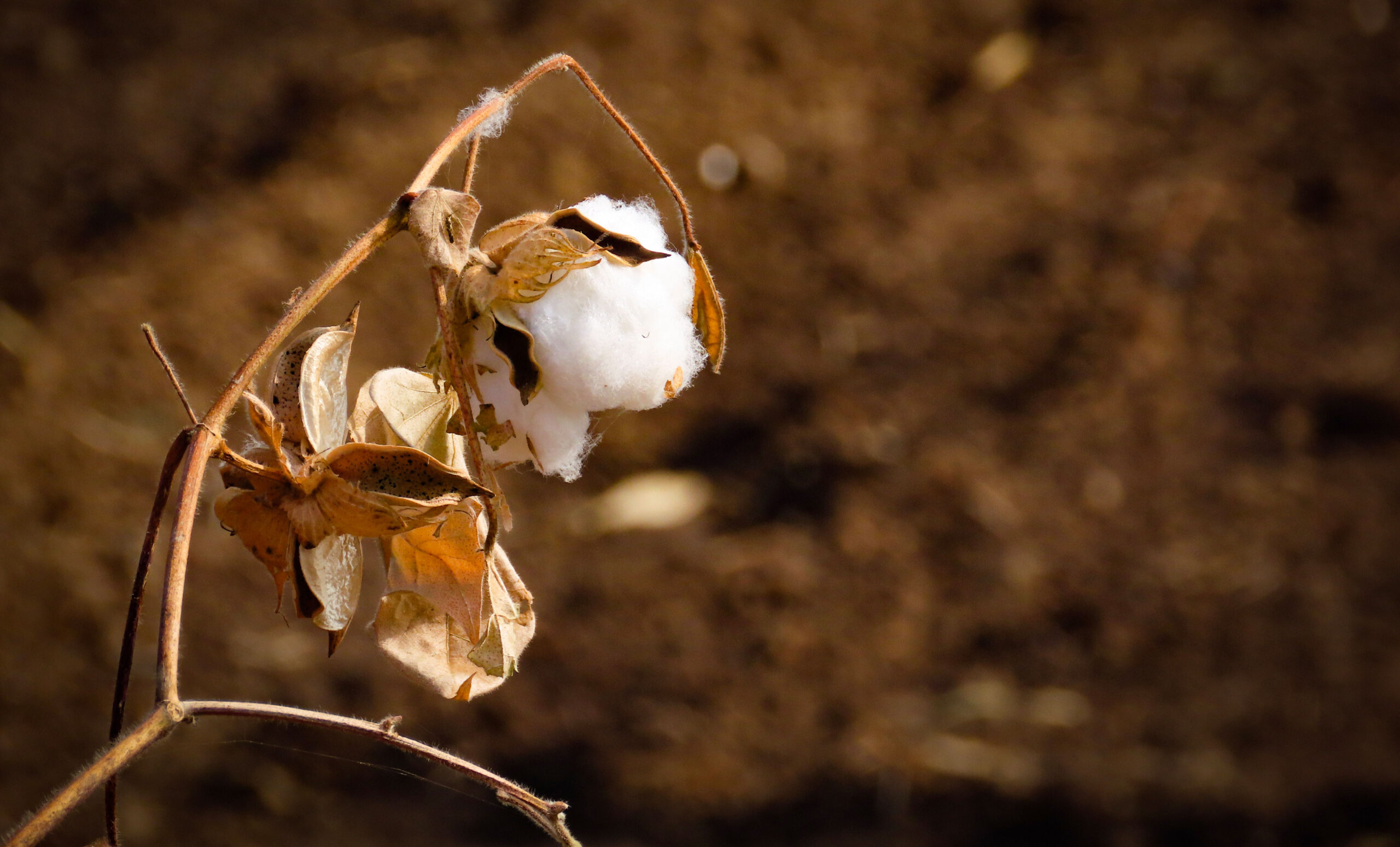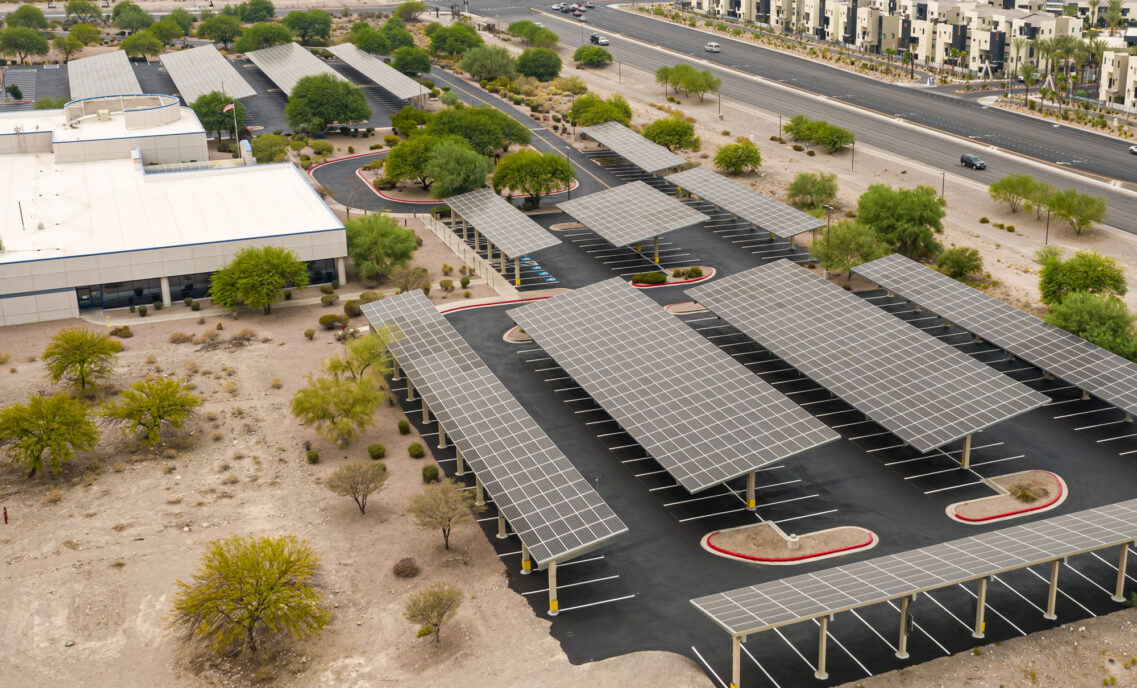A current fashion movement, “dirt to shirt,” is encouraging consumers to pause and think critically about where their clothes come from — all the way back to the farms that grow the raw materials. As part of Levi Strauss & Co.’s commitment to promote healthy land use in our supply chain, we’re partnering with innovative organizations that are working to strengthen land and communities through regenerative agricultural practices.
One such organization is the Regenerative Production Landscape Collaborative (RPLC) in India, founded by the Laudes Foundation, IDH and WWF India. RPLC: People, Nature, Economy is an innovative governance model designed to foster agricultural ecosystems that conserve and enhance natural resources, build community resilience and enable businesses to source responsibly.
Through the RPLC model, regenerative agricultural practices on a farm are considered equally as important as the impact of those practices on the soil and water health outside of the farm’s own acreage. The model uses a landscape approach that recognizes key links between a farm and its surrounding ecosystems, aiming to increase crop production while simultaneously using practices that restore natural resources and reduce emissions by drawing carbon into the soil. The collaborative leans on IDH’s Production, Protection and Inclusion approach to holistically drive sustainable land management and sustain value chains while restoring natural resources and improving farmer resilience.
“It’s critical we understand how we can invest in farming practices that help restore and revitalize the land from which we source our raw materials to ensure we can continue to do so for decades to come,” said Jeffrey Hogue, chief sustainability officer at Levi Strauss & Co. “RPLC’s holistic and iterative approach is an opportunity to learn from farmers and their communities how regenerative practices impact their livelihoods.”
Together with the local government, community and producer organizations, investors, funders and other companies, we’re learning how regenerative farming practices support farmers’ livelihoods and maintain healthy farmland. Farmers and communities that join RPLC compacts in the coming years will benefit from key learnings discovered in previous phases, with a goal of reaching 120,000 farmers and covering 100,000 hectares (roughly 386 square miles) in Madhya Pradesh, India, by 2026.
At LS&Co., we’re monitoring the outcomes of the RPLC to understand how regenerative agricultural practices can benefit the land and communities where we source our most critical raw materials, such as cotton. Through our participation, we’re gaining insights about scalability and the impact of regenerative agriculture that will build resiliency in our supply chain for years to come.







